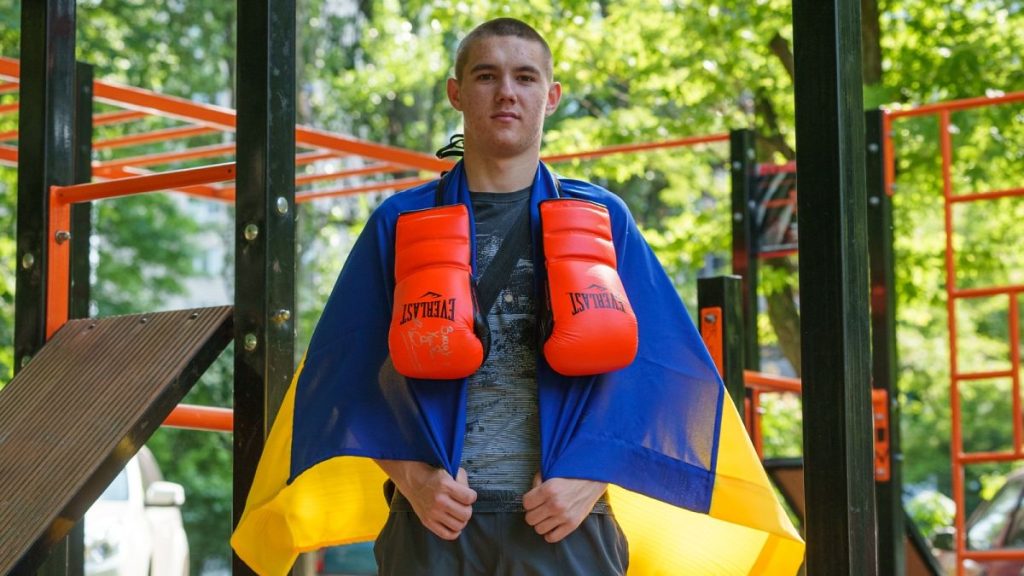The content discusses the heartbreaking reality faced by Ukrainian mothers who are forced to risk their lives trying to bring their children back from Russia, where they are taken from their homes and families. The story of Tetyana Bodak from Kherson, raising eight children, illustrates the challenges faced by families in occupied territories, where children are targeted for indoctrination and forced into Russian educational institutions. The situation becomes even more dire when children are deported to Crimea and subjected to intense propaganda, isolation, and threats for expressing their Ukrainian identity.
The story of Tetyana’s son, Vlad, highlights the extreme measures taken by Russian forces to forcibly relocate and indoctrinate Ukrainian children in occupied territories. Vlad’s ordeal in Crimea, where he faced psychological abuse and threats for defying Moscow’s rules, sheds light on the traumatic experiences endured by many Ukrainian children under Russian occupation. The efforts to rescue Vlad and other abducted children are described as complex and perilous, involving dangerous journeys through multiple countries and facing interrogation and intimidation by Russian forces.
Tetyana’s struggle to bring her son back from the naval academy in Lazurne demonstrates the lengths Ukrainian mothers are willing to go to rescue their abducted children from Russian captivity. The psychological impact on both children and parents who have experienced violence and trauma under Russian occupation is discussed, with a focus on the mental health support needed to help them recover from their ordeal. The challenges of reintegrating abducted children back into their families and society are highlighted, with efforts to provide rehabilitation and educational services to assist in their recovery.
The content emphasizes the urgency of rescuing Ukrainian children from Russian indoctrination and captivity, as the longer a child remains under occupation, the harder it becomes to bring them back and restore their national identity. The closing window of opportunity to save a generation of Ukrainian youth who have been under Russian occupation since 2014 is a stark reminder of the ongoing impact of the conflict on Ukraine’s future. The challenges of convincing children who have been in occupation for years to return to Ukraine and trust that they will be safe are daunting, with an estimated 1.5 million Ukrainian children having been under Russian occupation since 2014.
Overall, the content paints a harrowing picture of the plight faced by Ukrainian families, particularly mothers, who are forced to navigate dangerous and traumatic circumstances to bring their abducted children back from Russian captivity. The psychological and physical violence endured by children and parents under occupation, as well as the challenges of reintegrating abducted children into society, are discussed in detail. The urgency of rescuing Ukrainian children from Russian indoctrination and preserving their national identity is underscored, highlighting the devastating impact of the conflict on Ukraine’s youth and the need for continued support and intervention to prevent a lost generation.


